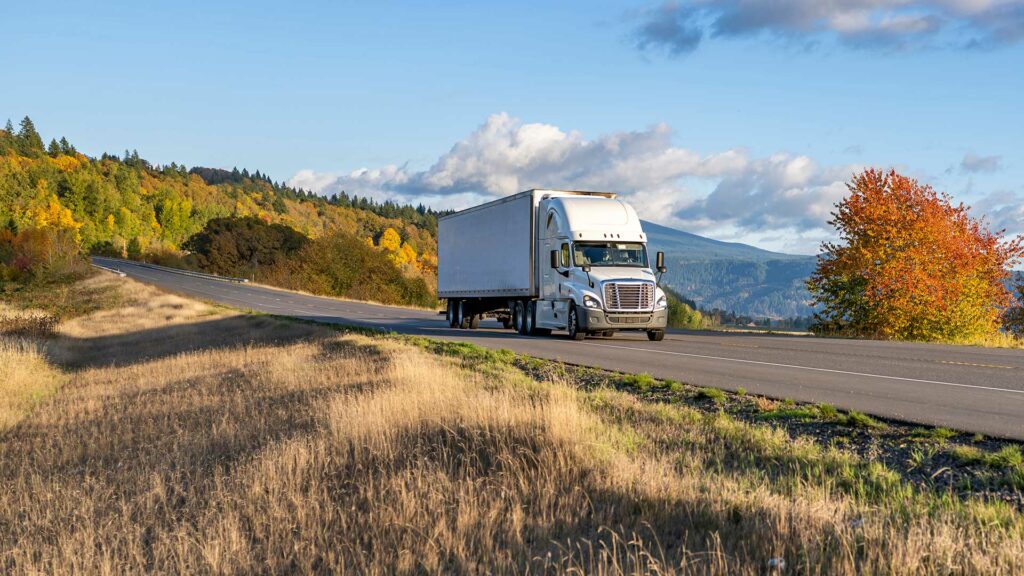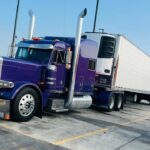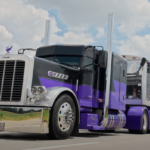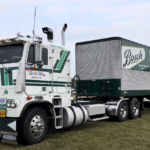CCJ’s latest What Drivers Want survey reveals that while having a nice truck is a desirable benefit, it’s not a major factor when attempting to persuade a potential driver to choose one fleet over another. The survey suggests that other factors hold more weight in a driver’s decision-making process when selecting a fleet.
Only a small fraction of company drivers (2%) indicated that a new or newer model truck would be the primary factor influencing their decision to switch to another fleet. However, this doesn’t imply that they would be content with driving basic, unmodified trucks.
“I need a radio I don’t have to mess with to keep me informed and entertained,” said company driver Steve Hearne, “(and) I need a seat that won’t break my back and give me Charlie horses.”
According to a recent survey, a special seat that enhances comfort during long driving hours was deemed the most crucial equipment feature for drivers, with 62% of respondents considering it essential. This percentage was 20% higher than the number of drivers who valued having a late model truck or a large sleeper. In the ranking of the equipment features in order of importance, the seat and an auxiliary power unit (APU) took the top two spots, followed by a large sleeper and a late model truck. Satellite radio was rated as the fifth most essential feature.
“Compared to the cabovers of the ’70s, ’80s and ’90s, trucks have improved to make our lives better for living,” said company driver Ron Moore. “I am driving a beautiful burgundy with a cream stripe, new KW W990. Compared to crawling into a coffin, the large sleeper is nice.”
In the recent survey, drivers aged 34 and below were particularly keen on having an auxiliary power unit (APU), with 100% of them citing it as a vital feature. Furthermore, while complex technology was a source of frustration for some drivers, a communication platform that allowed them to stay connected with the office was considered important by 24% of the respondents, ranking it sixth on the list of essential features.
“Good communication decreases stress,” said company driver Robert Jenkins, “and comfort in driving decreases stress.”
Company driver Cliff Sees said he likes having a record of conversation with his dispatcher while company driver Micael Harmon added “reliable communication at all the times would be number one on my list.”
Despite the world’s anticipation of the trucking industry’s shift to zero-emission technology, the drivers behind the wheel appear to be less enthusiastic. According to CCJ’s recent survey, almost half (49%) of the respondents stated that they didn’t have a preference for battery electric or hydrogen powertrains, and only 11% indicated that they would like to drive a vehicle with such technology if their fleet acquired one.
The drivers who do have a preference for zero-emission trucks appear to be passionate about it, as 40% of them claimed that they would rather quit their job than drive a non-zero emission truck. Interestingly, the younger respondents, aged 34 and below, were more open to electric powertrains, with 27% willing to drive it and only 18% willing to quit over it.
Source : www.ccjdigital.com





